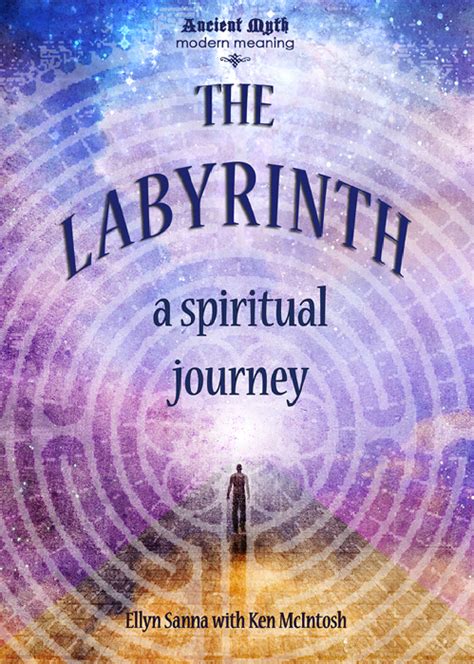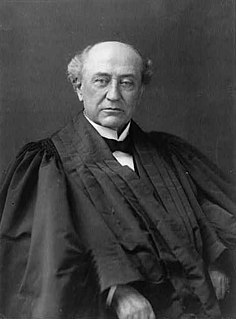A Quote by William Ralph Inge
Admiration for ourselves and our institutions is too often measured by our contempt and dislike for foreigners.
Quote Topics
Related Quotes
We are mortgaging ourselves to foreigners on a scale that would make George Washington cry. Every day - every single day - we borrow a billion dollars from foreigners to buy petroleum from abroad, often from countries that hate us. We are the beggars of the world, financing our lavish lifestyle by selling our family heirlooms and by enslaving our progeny with the need to service the debt.
When we work so hard at our preparations for Christmas, we often feel cheated and frustrated when others fail to notice the results of our efforts. We need to ask ourselves why we are doing the things we choose to do. If love motivates us-love for our families, for our neighbors - then we are free to simply enjoy the actual process of what we do, rather than requiring the approval and admiration of others for the results of our labors.
But how can we love someone if we don't like him? Easy-we do it to ourselves all the time. We don't always have tender, comfortable feelings about ourselves; sometimes we feel foolish, stupid, asinine, or wicked. But we always love ourselves: we always seek our own good. Indeed, we feel dislike toward ourselves, we berate ourselves, precisely because we love ourselves; because we care about our good, we are impatient with our bad.
Apologizing for our past sins may reveal character and for a time lessen anti-Americanism abroad, but if it is done without acknowledging that the sins of America are the sins of mankind, and that our remedies are so often exceptional, then it only earns transitory applause—and a more lasting contempt that we ourselves do not believe in the values we profess.


































